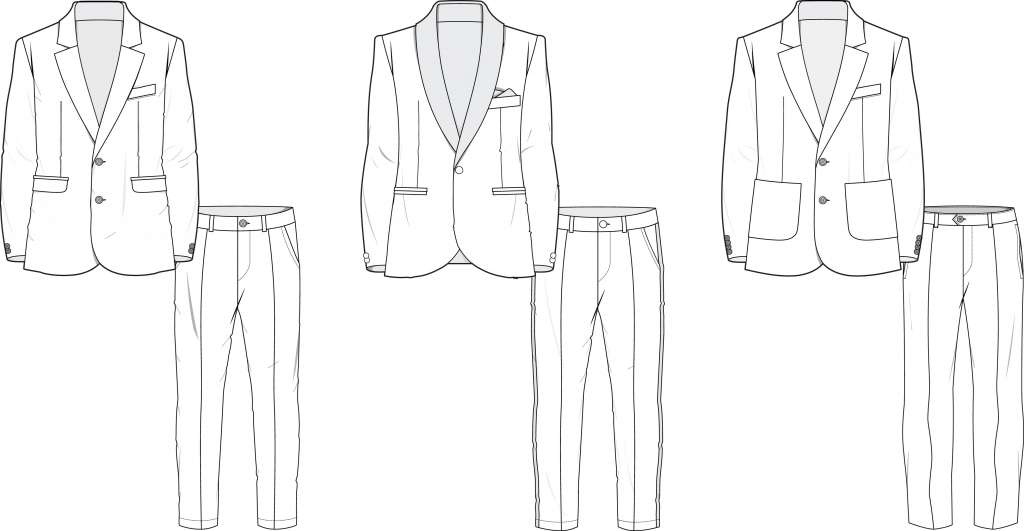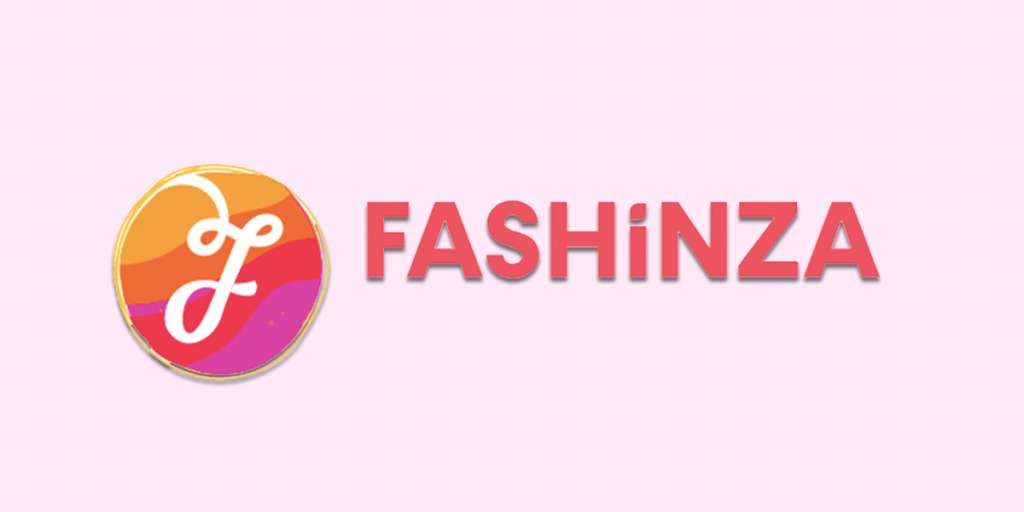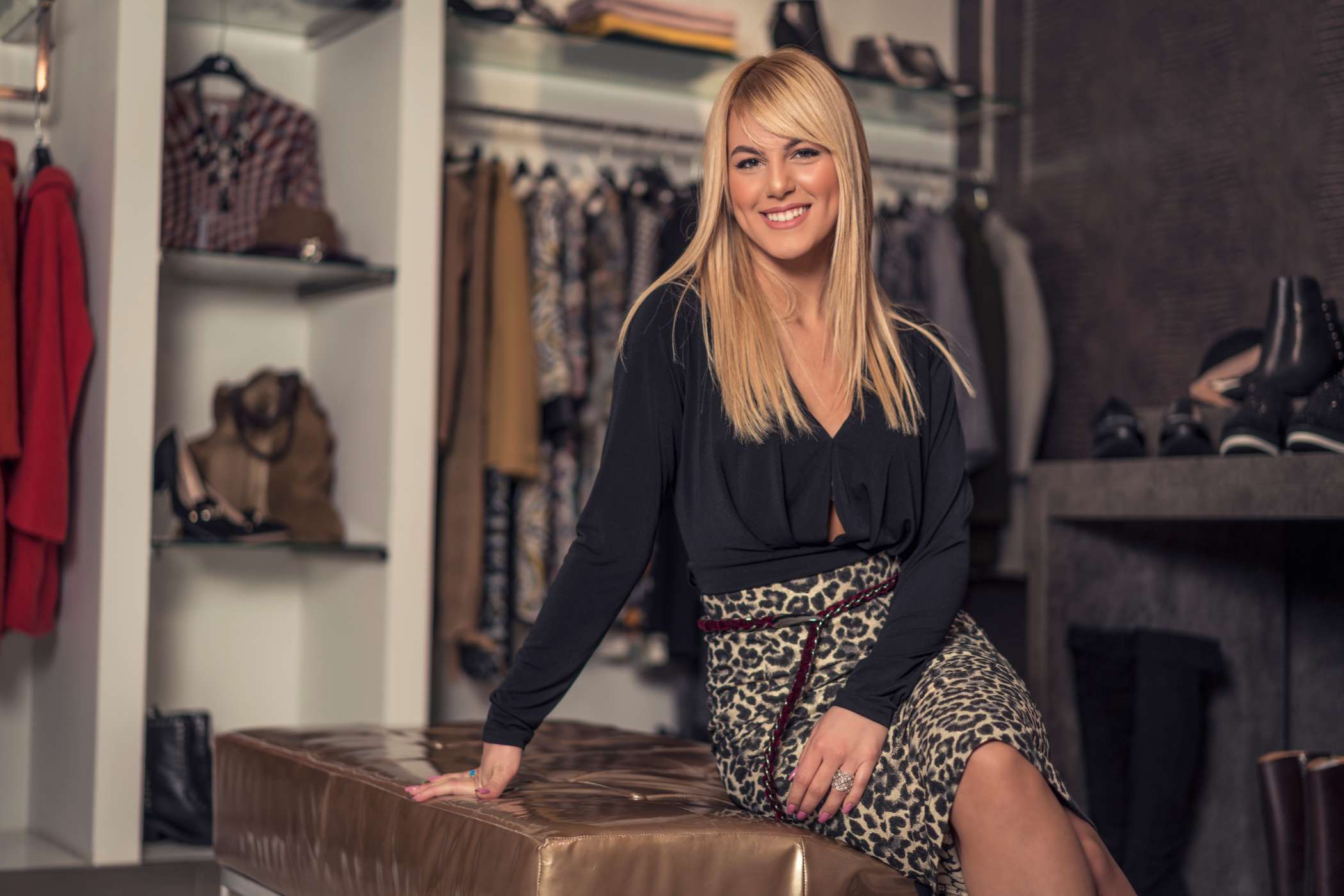How To Choose A PLM For Your Small Fashion Business



Product lifecycle management is a process by which fashion brands track their products' lifecycles. Choosing the right PLM solution is necessary to provide a centralized system that brands can use to manage a product’s lifecycle efficiently in an affordable way. To select an effective PLM, brands must evaluate the software based on critical parameters such as ease of access, price, features, and the brand’s business goals. In addition, brands should ensure that they pick PLM software based on utility and not solely on the cost of the software.
Why does a business need product lifecycle management?
Product lifecycle management software is essential to any business, be it small or big, because it offers companies the following benefits:
- It creates “One version of the truth,” meaning that all the data related to a particular product can be found in one place and is accessible to everyone.
- It provides insights for the brand and helps to examine its product’s lifecycle.
- PLM helps small businesses cut their product development costs by offering them a leaner process; thus, they can increase revenue through new products.
- It also helps small companies reduce their cycle time and ensure that the products are delivered rapidly.
- Product lifecycle management builds close relations with global partners and helps brand improve their supply chain agility.
- Small businesses with a proper PLM can improve their product quality under economic pressure and offer true transparency at every point of their supply chain.
Almost every big fashion brand relies on PLM to improve its product lifecycles' compatibility, accessibility, and quality.
Factors to consider while choosing a PLM system
There are numerous types of PLM systems in the market; thus, brands are often confused while choosing one. Some PLM systems work better with small teams, some are affordable, some are easy to use, and others require training sessions. In the growing fashion world, more and more small and big brands are embracing product lifecycle management to ensure that their product development becomes more effective with each passing day.
Here are some key factors that a small fashion business should consider when choosing PLM software.
Utility of the PLM
If a new business is looking for a PLM system, it should find something that feels like an easy switch from excel sheets. Small brands opt for PLM systems because they want to minimize the hassle of operating on different platforms for their product development. One should look for a platform which comes with a data management system and where every team member can develop, design, and brainstorm about the product. Therefore, someone new to PLM should stick to basic features like pre-set tech pack templates, tools to convert tech packs into PDFs and share them with manufacturers, and a measurement table.
However, if a small fashion business has used a PLM system earlier and is looking for advanced features, then it needs to get a PLM system that requires training. These complex systems will require time to adapt to the need of a business. For instance, if the software has some 3D tools, then the team needs to know about 3D prototyping, and for that, they need to get training from a 3D designer.
Therefore, a business must know what they are looking for. Are they looking for a quick change of platform, or do they need some extra features? Are they willing to go for training or not? Once a brand answers these questions, it can easily choose PLM.
Tech pack’s creation
The tech pack is one of the essential parts of the product manufacturing process, and every fashion PLM is expected to speed up the process of building a tech pack. In addition, a good PLM is supposed to act as a storage system for brand designs. Furthermore, in a PLM, a technical designer should be able to locate these stored designs to create future collections easily.

Brands should choose PLM, allowing them to build a library of designs that they can use to create new tech packs. It helps them stay consistent and prevent significant shifts in measurements. PLM software with in-built product annotation can help fashion designers annotate sketches without switching to other platforms. In addition, brands can make accurate designs with accurate measurements using built-in formulas and an automatic grading system.
Cost of PLM
Product lifecycle management was once an expensive system, and only big companies could afford it. However, many options are available nowadays, and small and medium-sized companies can also afford a PLM. Moreover, some companies also offer a free trial pack or a starter pack on their PLM, which is perfect for a small fashion business using a PLM for the first time.
The overall cost of any PLM system depends on the number of features it offers to the brands. Every brand needs to ensure that its PLM should have the essential tools necessary to carry out product development. For the basic pack, brands can pick a PLM with a tech pack builder, a team communication platform that allows integration with other software to help in product development.
However, if a brand can afford PLM with additional features, it should go ahead. In the premium pack of PLM, most companies offer Pantone libraries where brands can create mood boards, a final inspection module to check the designs post-creation, and a flexible calendar that brands can use to manage deadlines. It is best if brands look at all the PLM and make a list of features that they need and can afford to have in their businesses.
Communication channels
Product lifestyle management is incomplete if a brand does not have a proper channel to connect designers and manufacturers. While most PLM software gives an option to connect with the manufacturers directly, some allow businesses to communicate with factories. Unfortunately, a company can be bogged down with several comments on their mail in the manufacturing process, and a dedicated PLM is the only solution.
PLM software allows businesses to update the manufacturer on each query, and manufacturers can also take updates. In addition, it offers a centralized system where everyone can share their questions and seek solutions for them.
Reporting
Reporting tools are an essential part of a PLM, and one needs to ensure that all the tools are present in the PLM they are going for. Brands need to list all the reporting features they need for their businesses, such as the material used per garment, sales per month, or materials in stock and out of stock. PLM systems also allow brands to track each step of the product development cycle and update everyone in the supply chain about the latest developments.
In addition to all of these features, a small fashion business needs to look into the security system of the PLM, as it is essential to safeguard the tech packs in the PLM system. Furthermore, one should look for the automation and integration services the PLM provides to make business more efficient. However, to make their product lifecycle more efficient, brands can work to improve their logistics and meet deadlines. They can join hands with Fashiza to improve their logistics.

Fashinza is a B2B apparel manufacturing platform. We help clothing brands to manufacture their collections by connecting them with suppliers and overlook the entire production process from design to delivery.



















